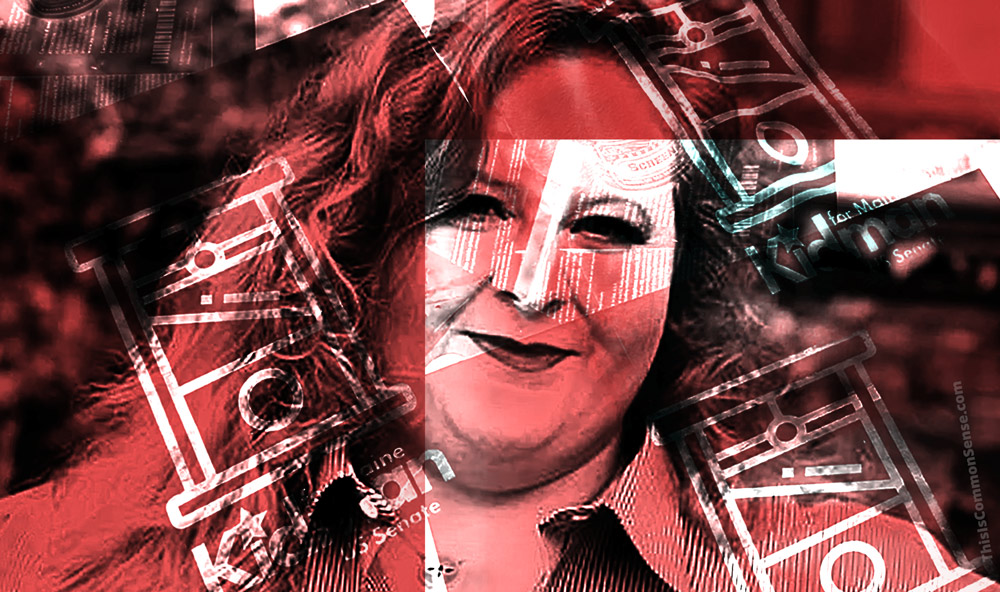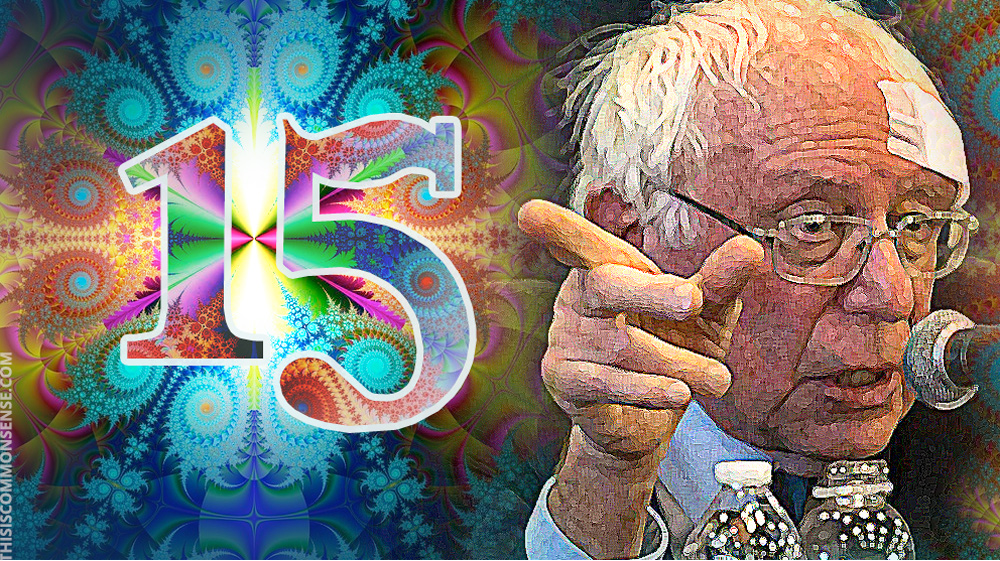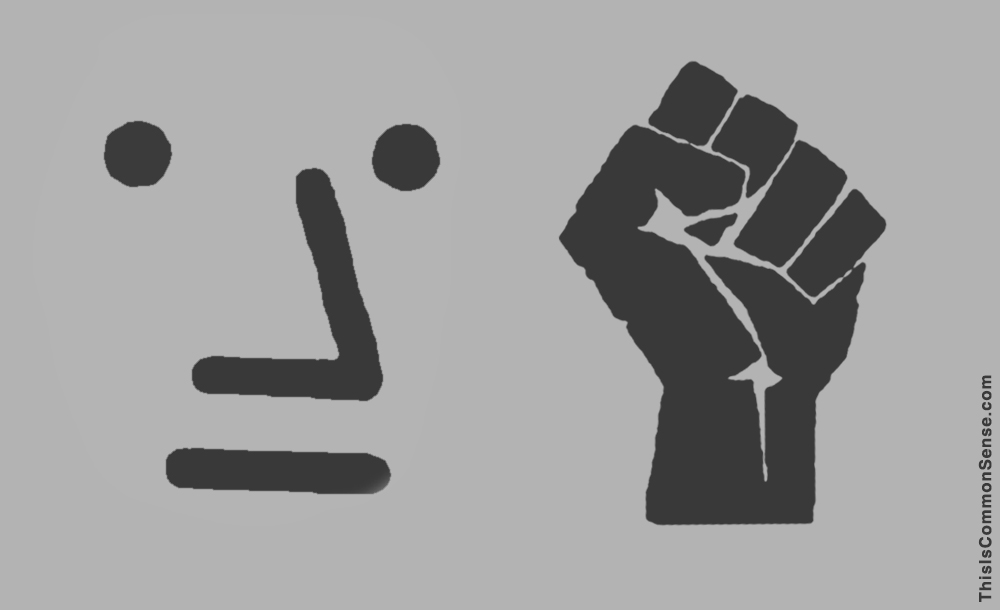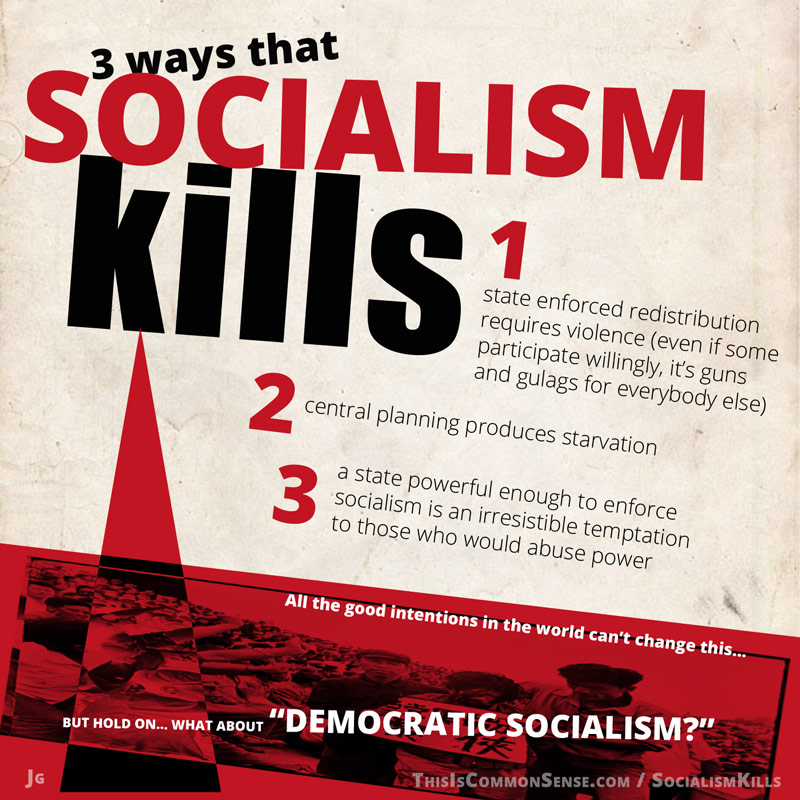A Maine woman running for the U.S. Senate has chosen for her campaign logo the guillotine.
Yes, she calls herself a ‘democratic socialist.’ Well, on Twitter it is ‘DemSoc.’
Her name . . .
No, start again. On the campaign Twitter page the candidate’s “preferred pronouns” are listed as “they/them.” So, their name is Bre, and they proudly promoted the new logo on February 5th: “I was gonna wait until tomorrow to show off these beauties, but Trump got acquitted and I feel like folks could use something to look forward to.”
But . . . why?
For my part, the blood running in the streets was my least favorite part of the French Revolution, and I would, uh, downplay it, no matter how murderous I might ever feel.
You know, were I a DemSoc.
Upon being challenged with its most famous historical use, she had a . . . politic . . . response: “I’m aware of the French Revolution, and how the story ends. A guillotine t-shirt reminds others about it in hopes that we’ll all be motivated to address the very serious problems with our government before a similarly violent uprising becomes inevitable.”
When asked who it was for, she replied, “More of a ‘what.’ The guillotine is for the plutocratic & kleptocratic norms that have undermined our democratic process. We have to develop ways to subvert the stranglehold of wealth on our government. There will not be a more convenient revolution. The symbol is a reminder.”
I wonder what she would say if her rivals chose as campaign logos the hangman’s noose and the electric chair.
But hey, her, er, their guillotine is attractive, and, because it lacks a drop of red, emphasizes the ‘democratic’ part of ‘democratic socialism’ . . . by hiding the blood.
This is Common Sense. I’m Paul Jacob.

—
See all recent commentary
(simplified and organized)








